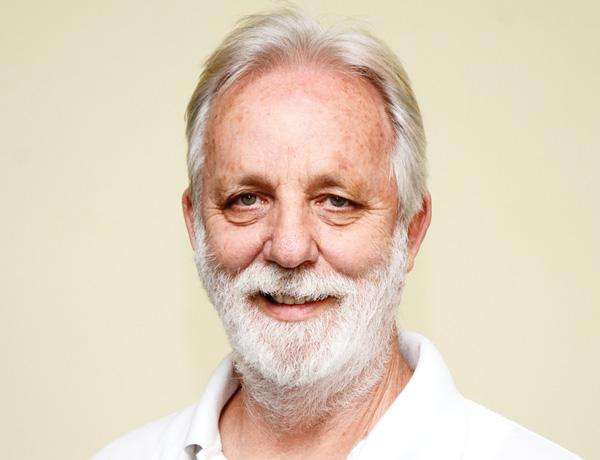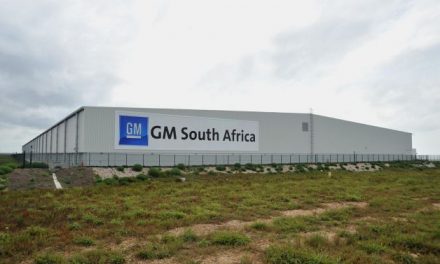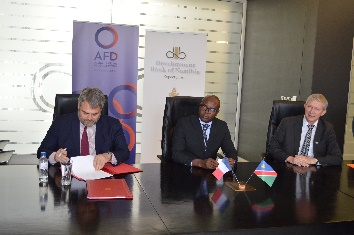
What to say during a crisis – what not to say

Crisis management is a complex skill dependent on the input of many players. With a natural emergency, coping strategies are fairly plain, but when a company has to steer through a crisis, the number of uncontrolled variables, makes crisis management a high-risk undertaking.
At a special two-day Master Class to be presented in Walvis Bay by communications expert Dr Chris Skinner, he will focus on best practices for crisis avoidance, communication during crisis and mitigation strategies. The class will be held on 14 and 15 April.
The type of crisis companies have to be prepared for can range from natural disasters, to technological breakdown, workplace violence, industrial accidents and public embarrassment.
Crises are unplanned events that directly or potentially threaten a company’s reputation; the environment; the health, safety or welfare of employees; and the health, safety or welfare of citizens in communities surrounding a plant. The benefits of a disaster and crisis management plan include preventing crises before they happen, dramatic enhancement of crisis response time, correction of operational weaknesses and overall reduced costs resulting from crises.
Quoting two American authorities, the Director of SAC Corporate Communications, Cecilia Pretorius said every organization no matter how large or small, needs scientific, operational risk assessments for effective crisis communication plans.
The Master Class teaches delegates both theory and practice of Disaster Management focussing on issues management and crisis communication. The syllabus follows the outline of the Master Class presented at the World Public Relations Forum in Nairobi in November 2015 where delegates shared their own experiences and came up with solutions to the challenges they faced within their own organisations.
Dr Skinner uses a framework based on a doctoral study of the South Durban Basin, one of the most polluted areas in South Africa where crises erupted frequently and persistently. He also works closely with the disaster management team at the Umbogintwini Industrial complex which is the largest chemical manufacturing plant in South Africa.
Dr Skinner is the co-author of the best selling “Handbook of Public Relations” now in its 11th edition as well as “Disaster Management: A guide to issues management and crisis communication”. Each Master Class participant is provided with a copy of the latter together with electronic copies of other case studies.
On the local front, he works closely with SAC Corporate Communications and Pretorius. Speaking from experience in her 30-year career of strategic communications, she said often insufficient attention is given to crisis avoidance and mitigation with a lack of synergy between the public relations, risk management and strategic planning departments. This lack of preparedness is equally pervasive in the private and in the public sector.
“Taking two days out for the Master Class from the usual daily operations, is an investment no organisation can not afford not to make as due diligence and preparedness can avert potential loss of lives, revenue, reputation and stakeholder confidence which takes many years to build up again once damaged,” she said.












































